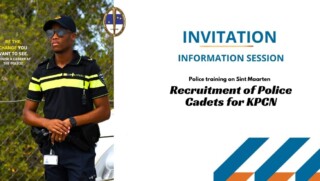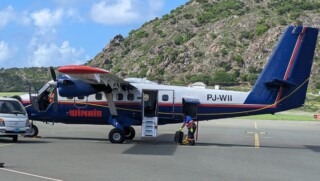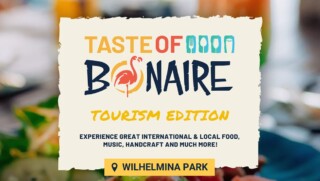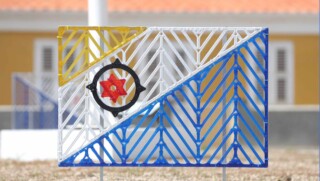New ReefGrazers initiative aims to restore Caribbean Coral Reefs and boost sustainable fishing
A new initiative called the ReefGrazers project is set to begin in September, focusing on restoring coral reefs in the Caribbean and promoting sustainable fishing practices in Bonaire, St. Eustatius, and Saba.
The collaborative effort involves multiple organizations, including Van Hall Larenstein University of Applied Sciences, Wageningen University, Wageningen Marine Research, the Public Entity Saba, STINAPA Bonaire, STENAPA, the Saba Conservation Foundation, and WWF-Netherlands.
The partnership was developed to address the urgent need to conserve Caribbean corals, which have been severely damaged since the 1970s by climate change, hurricanes, diseases, and pollution. The decline of algae-eating animals, caused by overfishing and disease, has led to widespread algae overgrowth on many reefs, hindering coral recovery.
Essential
Healthy coral reefs are essential for protecting coastlines, supporting fisheries, and attracting tourists, all of which are vital to the Caribbean’s economy and culture. The ReefGrazers project aims to restore these reefs by reintroducing native algae-eating species, such as the Caribbean king crab, West Indian sea egg, and West Indian top shell (whelk), to help control algae. The project will study the current populations of these species, their impact on the reefs, and the effectiveness of efforts to boost their numbers.
Sustainable practices
Additionally, the initiative will explore sustainable fishing practices that could emerge from the successful restocking of these animals, offering new opportunities for small-scale fisheries. This project is crucial not only for Bonaire, St. Eustatius, and Saba but also as a potential model for protecting coral reefs throughout the Caribbean.










